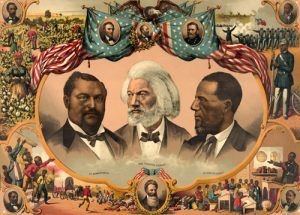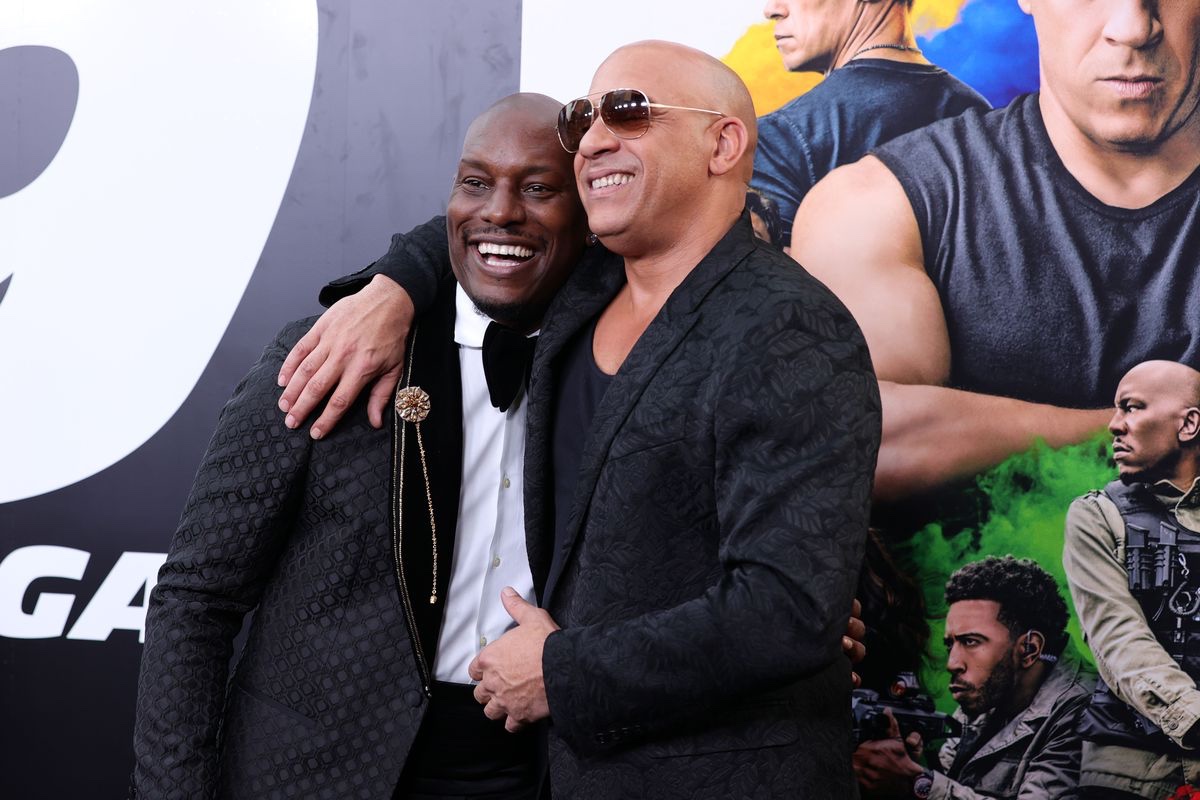Are we tone deaf?
Every February, some one gets a half brained idea on how they should show the world how they celebrate

Every February, some one gets a half brained idea on how they should show the world how they celebrate black history month. And every year, they become a headline.
Don’t become a BHM headline, instead use common sense so you are not releasing an apology 24 hours later.
It’s February, 4th, 2023, and here we go!
School Apologizes for Serving Chicken and Waffles Plus Watermelon During Black History Month
I like chicken and waffles. I like watermelon. So do you. Was it already on the menu?
Food-service vendor Aramark is facing criticism for serving students an “inexcusably insensitive” meal for Black History Month.
The Nyack Middle School principal says that the district’s food vendor, Aramark, changed the original planned hot lunch menu without notice.
The apology:
Later that day, Aramark apologized, calling the incident a “mistake.”
“While our menu was not intended as a cultural meal, we acknowledge that the timing was inappropriate, and our team should have been more thoughtful in its service,” the company said in a statement on Nyack’s website. “This was a mistake and does not represent the values of our company, and we are committed to doing better in the future.”
‘It wasn’t tasteful.’ ‘Ill-timed.’ Commissioners on Miami’s Black History police car

Ironically, Miami wasn’t the only squad car unveiling.
Celebrating Black History Month with an African-themed Miami police car was “ill-timed,” the City Commission’s lone Black member said Friday, a week after Memphis released video footage of police beating a Black man to death in a traffic stop.
But are we focused on the wrong thing here?
After Thursday’s unveiling by Mayor Francis Suarez, King and other city commissioners, the car drew national attention and mockery on social media for both using a squad car to celebrate Black history and for choosing an African theme instead of images from U.S. history.
The spin.
“During this time, people make efforts to show that they care about us,” he said. “They do things I do think they think we will find to bewelcoming. Sometimes they’re just not. Sometimes the approach is wrong.”
“It probably would have been better just to say ‘Happy Black History Month,’ and not include the symbols,” he said. “The whole conversation that we have about Black history in this country is that Black history is American history.”
This is just the start. So with that, let’s talk a little history on how this came to be 53 years ago and let’s see how quickly this month will wither down to a day, possibly in 2024 👀 when African American studies are removed from curriculums. ✊🏾🇺🇸🇿🇦
What is Black History Month?
Black History Month, also known as African American History Month, is an annual observance in the United States and Canada dedicated to honoring the contributions and achievements of African Americans throughout history. It takes place in February to coincide with the birthdays of Abraham Lincoln and Frederick Douglass, two important figures in American history who were instrumental in advancing the cause of freedom and equality for African Americans.
The origins of Black History Month can be traced back to 1926, when historian Carter G. Woodson founded the Association for the Study of Negro Life and History (ASNLH). The ASNLH sought to promote greater awareness of African American history and to combat the prevailing notion at the time that black people had made no significant contributions to the world. In February of that year, Woodson and the ASNLH launched “Negro History Week” to coincide with the birthdays of Lincoln and Douglass, and to encourage people to study and celebrate the rich heritage of African Americans.
Over time, the observance of Negro History Week grew in popularity, and in the late 1960s and early 1970s, the civil rights movement and growing awareness of the importance of black history led to calls for the celebration to be expanded to a full month. In 1976, President Gerald Ford officially recognized February as Black History Month, and since then it has been celebrated annually in the United States.
Today, Black History Month is celebrated with events and activities all across the country, from museum exhibitions and community festivals to classroom lessons and cultural performances. The goal of these events is to recognize the many contributions of African Americans to American society and to help preserve the rich history and culture of the black community.
During Black History Month, we celebrate the achievements and contributions of black leaders and innovators in fields ranging from science and technology to the arts, politics, and sports. From George Washington Carver, who revolutionized agriculture with his groundbreaking research on peanut and soybean crops, to Maya Angelou, who inspired millions with her powerful poetry and prose, African Americans have made a profound impact on the world and on American society.
In conclusion, Black History Month is an important opportunity for us to reflect on the rich history and contributions of African Americans and to recognize the ongoing struggle for racial justice and equality. It is a time to celebrate the achievements of black people and to remember the challenges they have overcome and the obstacles that remain to be conquered. By honoring the past and looking to the future, we can work together to build a more inclusive and equitable society for all.










